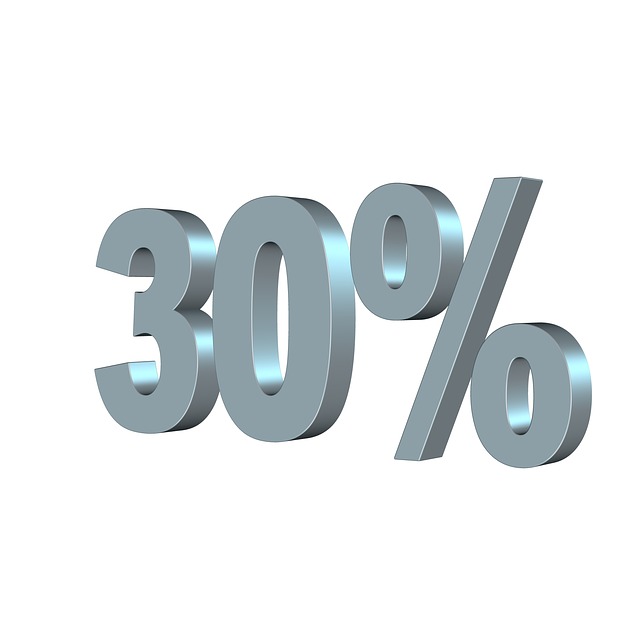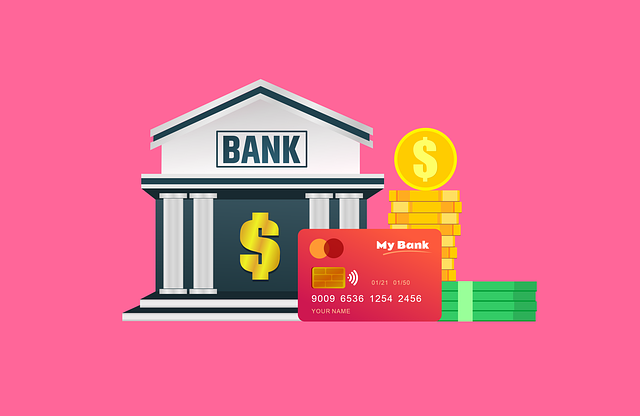Before consolidating debt, assess your financial situation, goals, and repayment ability. Compare loan terms, including interest rates, payment structures, and fees, to find the best debt consolidation loans monthly payments. Explore non-profit and government-assisted programs for favorable conditions and short-term strategies if feasible. Choose a program that aligns with your individual needs based on key factors like interest, term length, fees, and additional services.
Looking to consolidate your debts? Choosing the right program is crucial. This guide will help you navigate the process by first assessing your financial situation and goals. Next, compare various debt consolidation loans, focusing on their terms and monthly payment options. We’ll walk you through evaluating each aspect, ultimately helping you select a program tailored to your unique needs.
- Assess Your Financial Situation and Goals
- Compare Different Debt Consolidation Loans
- Evaluate Monthly Payment Options and Terms
- Choose the Program That Best Alignes with Your Needs
Assess Your Financial Situation and Goals

Before diving into a debt consolidation program, it’s crucial to assess your current financial situation and set clear goals. Start by gathering all your financial information, including statements for credit cards, loans, and any other debts. Calculate your total debt amount and monthly payments across these obligations. This will give you a baseline for understanding the scope of your financial challenges and help in choosing a consolidation program that aligns with your needs.
Consider your short-term and long-term financial goals when evaluating potential debt consolidation options. Are you looking to reduce monthly payments, lower interest rates, or both? A thorough analysis will also factor in your ability to make consistent repayments. Determine if your income allows for manageable monthly payments on a debt consolidation loan while still covering your other essential expenses. Estimating your potential savings through consolidation can help justify the decision and provide motivation throughout the process, especially when considering non-profit debt consolidation services that focus on long-term debt management.
Compare Different Debt Consolidation Loans

When comparing different debt consolidation loans, a key factor to consider is the debt consolidation loans monthly payments. Lower monthly payments can significantly reduce financial strain and make repayment more manageable. It’s important to look beyond just the interest rates; evaluate the entire loan term, payment structure, and any associated fees. Lenders may offer flexible terms ranging from 5 to 30 years, so choosing a duration that aligns with your budget is crucial.
Debt consolidation advice for beginners often emphasizes thorough research and comparison. Explore various options, including home equity loans for debt consolidation, which can provide larger borrowing amounts but come with the risk of putting your home at stake. Compare these against personal loans or credit card balance transfers, keeping an eye out for promotional rates and long-term savings. Finding the best debt consolidation deal involves balancing these factors to ensure you secure a loan that offers both affordability and suitability for your financial goals.
Evaluate Monthly Payment Options and Terms

When evaluating different debt consolidation programs, it’s crucial to scrutinize the debt consolidation loans monthly payments and associated terms. These can vary significantly between lenders and programs, affecting your overall financial burden and repayment timeline. Start by comparing interest rates, which directly impact how much you’ll pay over time. Some programs offer fixed rates, providing predictable payments, while others may have variable rates that fluctuate based on market conditions.
Consider also the length of the loan term. Shorter terms mean higher monthly payments but potentially save on interest. Longer terms reduce your monthly financial strain but extend the time you’re paying off the debt. Explore non-profit debt consolidation services and government assisted debt consolidation programs, which may offer more favorable terms, especially for those with lower incomes or facing financial hardships. Short-term debt consolidation strategies can be suitable if you’re able to commit to rapid repayment, significantly reducing overall interest paid.
Choose the Program That Best Alignes with Your Needs

When selecting a debt consolidation program, it’s paramount to choose one that aligns best with your unique financial situation and needs. Not every program offers the same benefits, so understanding what you require from a debt management solution is key. Consider factors like interest rates, repayment terms, fees, and any additional services provided. For instance, some programs may offer lower interest rates but longer repayment periods, while others might have higher rates but more flexible payment options or potential tax benefits.
The ideal program should help you consolidate debts into a single, manageable monthly payment, allowing for easier budget planning. Estimating your potential debt consolidation savings by comparing current multiple payments to the new, consolidated one can be enlightening. Additionally, exploring government-assisted debt consolidation programs could provide further financial relief and support, especially if you meet specific eligibility criteria.
When selecting a debt consolidation program, it’s crucial to consider your financial situation, compare loan options, and evaluate terms that align with your repayment capabilities. By thoroughly assessing your needs and choosing the most suitable debt consolidation loans with manageable monthly payments, you can effectively manage and reduce your debt, paving the way for a more secure financial future.
